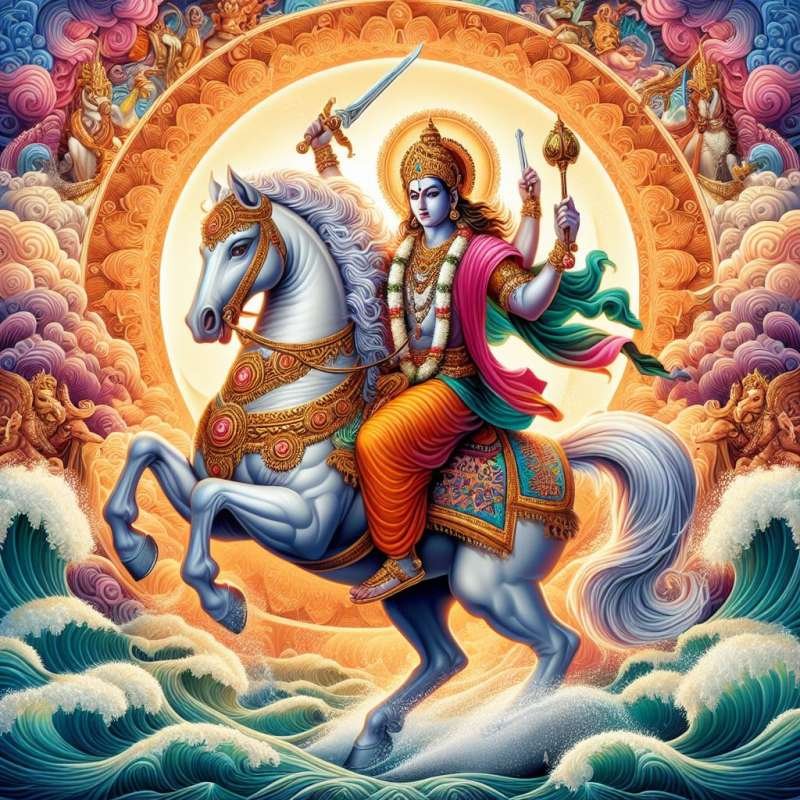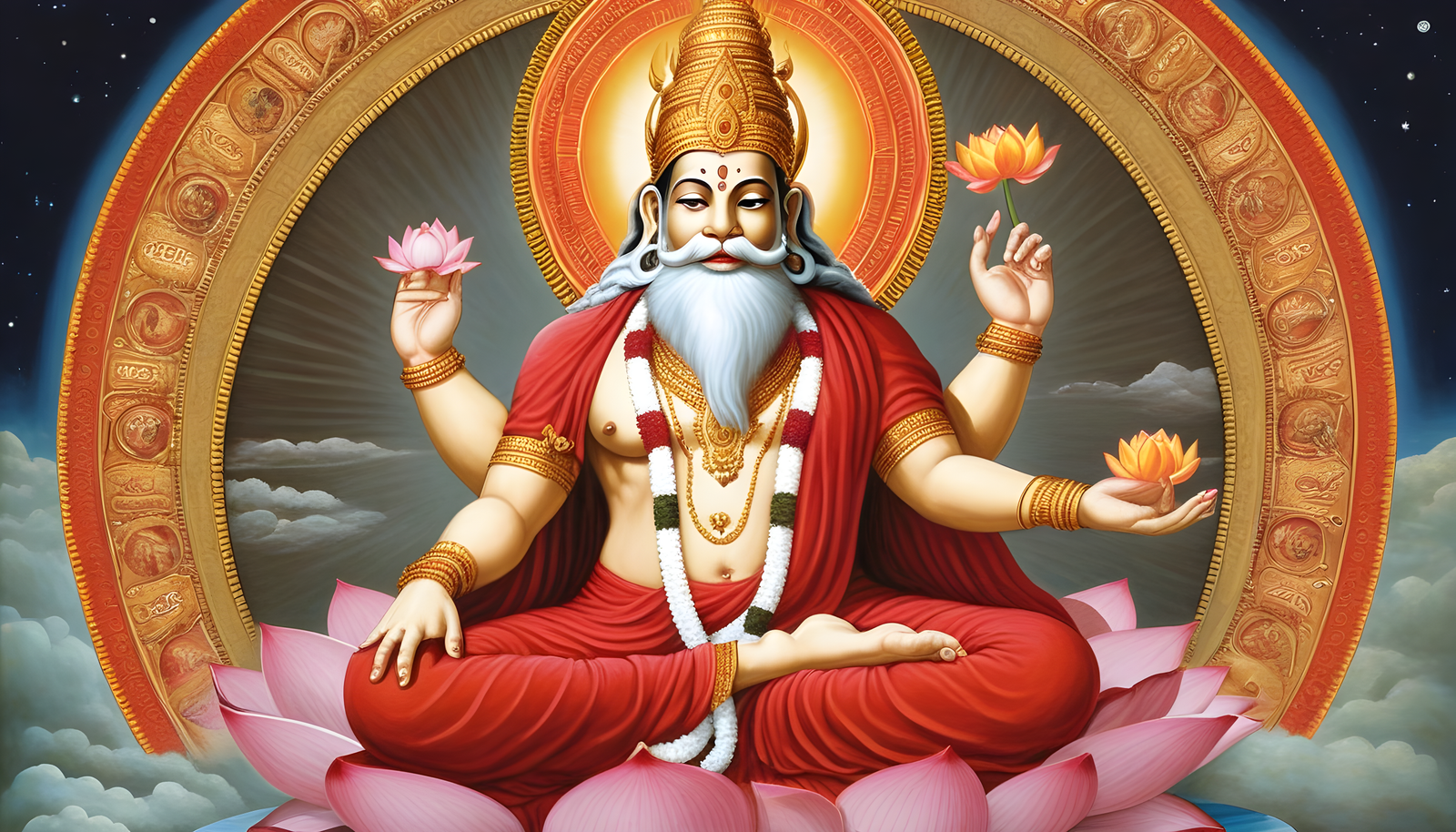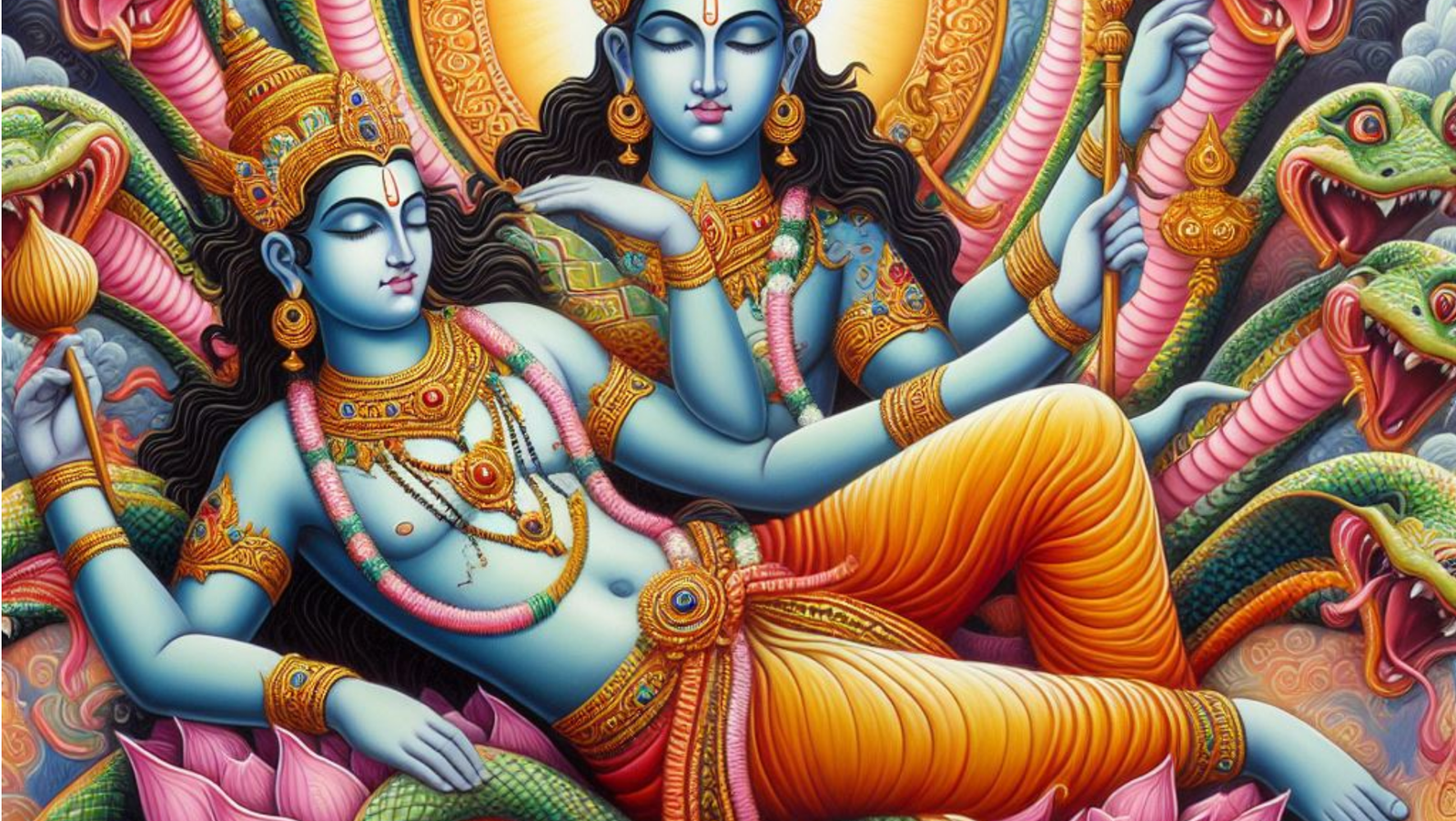Where Is Lord Rama Now?
In Hindu mythology and religious beliefs, Lord Rama is considered an incarnation of the god Vishnu and is revered as a divine figure, particularly in the epic Ramayana. However, it's important to note that Hinduism doesn't typically posit its deities as residing in specific physical locations in the same way that some other religions do. Instead, the focus is more on the spiritual and symbolic significance of these figures.
According to Hindu tradition, Lord Rama's earthly life took place during the Treta Yuga, a mythical era that precedes the current age. The events of his life, including his birth, marriage to Sita, exile, and subsequent battles against the demon king Ravana, are detailed in the Ramayana, one of the most significant texts in Hinduism.
After completing his earthly duties and establishing righteousness (dharma) through his actions, Lord Rama is believed to have returned to his divine abode, often referred to as Vaikuntha or the spiritual realm. Vaikuntha is considered a place of eternal bliss and harmony in Hinduism, where the divine beings reside.
In Hindu devotion, Lord Rama is worshipped through prayers, rituals, and recitation of his sacred stories, particularly the Ramayana. Devotees believe that by connecting with Lord Rama spiritually and following his teachings of righteousness, they can attain spiritual enlightenment and liberation (moksha).
While Lord Rama's physical presence on Earth is understood to be in the past, his spiritual significance endures in the hearts and minds of millions of Hindus worldwide, who continue to venerate him as a symbol of virtue, righteousness, and devotion.
You may also like …
Are You The Proud Hindu?
The Trimurti
Create an account to join us and start taking part in conversations.
SIGNIN



